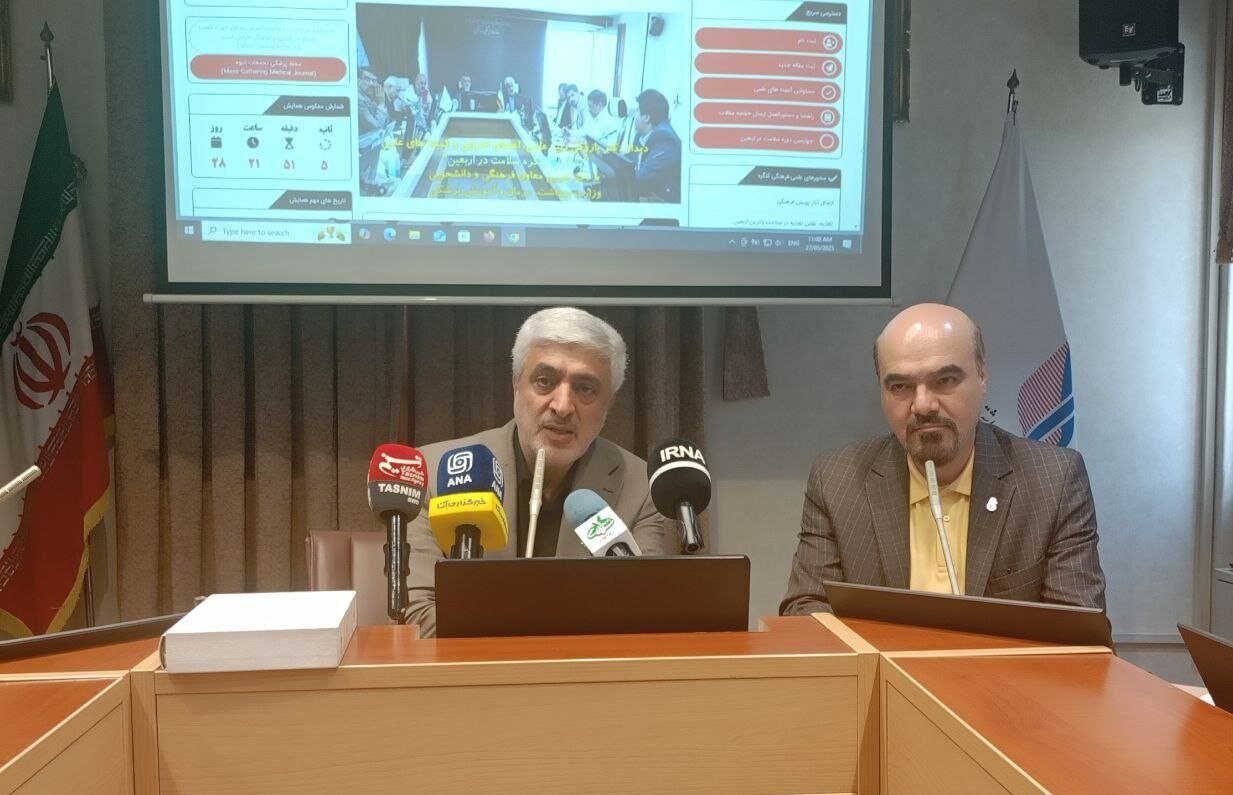
Similar Posts
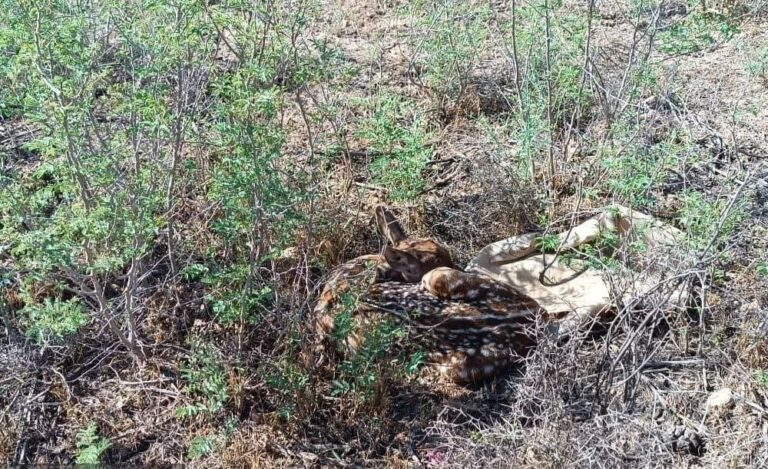
Meet Karkheh’s First Adorable Yellow Deer of the Year!
A Persian yellow deer was born in Karkheh National Park, Khuzestan, marking the first birth of the current Iranian year and highlighting successful wildlife conservation efforts. The population of these endangered deer has risen from five in 2019 to 15 in 2024 due to the Department of Environment’s (DOE) effective breeding strategies. Once thought extinct, four yellow deer were rediscovered and reintroduced 50 years ago. However, habitat destruction, fragmentation, and human activities continue to threaten their survival. The DOE’s ongoing initiatives aim to protect this species and maintain biodiversity in Iran, underscoring the importance of conservation efforts.
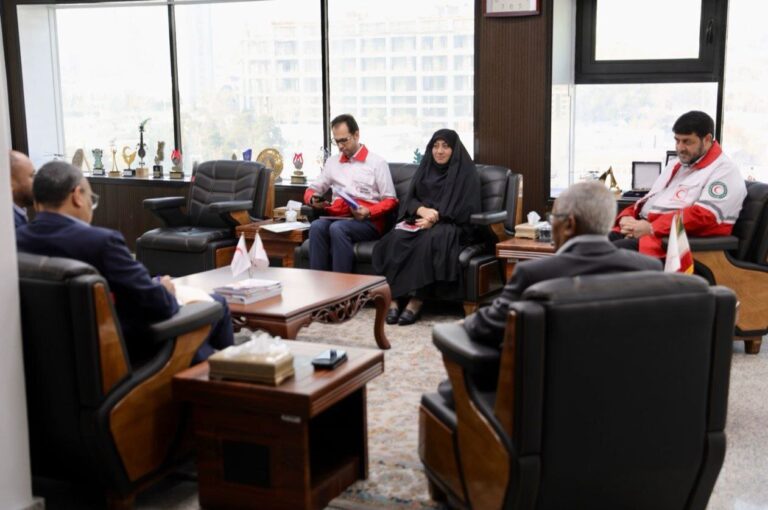
IRCS Poised to Share Vital Expertise to Aid Sudan: Official Announcement
The Iranian Red Crescent Society (IRCS) aims to strengthen collaboration with other Red Crescent societies, including Sudan, as discussed by IRCS director Razieh Alishvandi with Sudanese ambassador Abdulaziz Hassan Saleh Taha. The IRCS, recognized among the top five globally, boasts over 3 million volunteers and excels in areas like relief tent manufacturing, medicinal production, and innovative technologies. Alishvandi highlighted the establishment of crescent houses for community education and resilience. With a presence in 14 countries, the IRCS responds swiftly to emergencies, providing essential goods and medical support. The organization plans to enhance its humanitarian outreach through expanded partnerships and training initiatives.
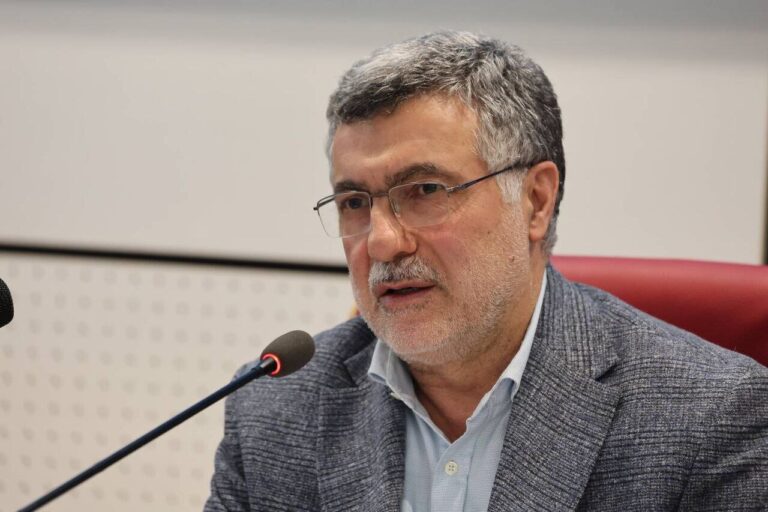
Health Minister to Participate in 8th SCO Meeting: Key Insights and Collaborative Strategies Ahead!
Iran’s Health Minister, Mohammad-Reza Zafarqandi, is leading a delegation at the eighth meeting of Shanghai Cooperation Organization (SCO) health ministers in Xi’an, China, starting April 24, 2025. The gathering focuses on sustainable health development, resilience in health systems, risk management, digital health services, and traditional medicine. Notably, two key documents will be signed, including a medical emergency action plan. Zafarqandi emphasized enhancing Iran-China health cooperation, particularly in pharmaceuticals and medical technology. Iran aims to strengthen ties with SCO and BRICS, seeking to improve health outcomes and share innovations among member states for a healthier future.
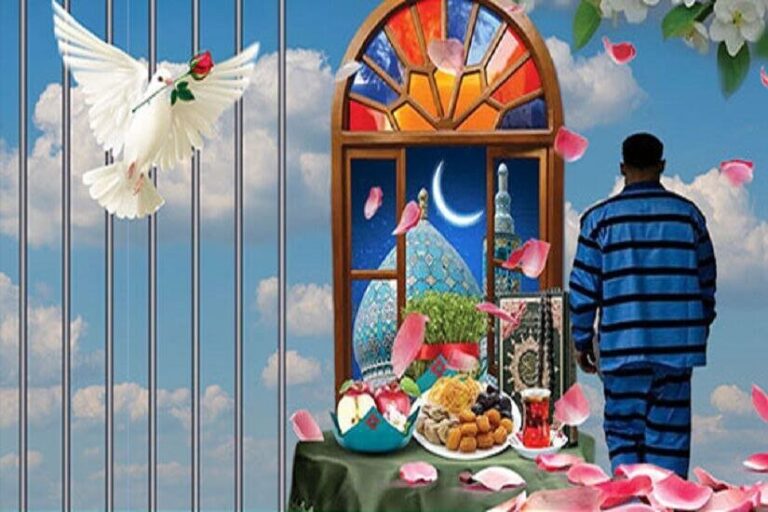
2,500 Inmates Released During Ramadan: A Season of Renewal and Hope
During Ramadan, a humanitarian initiative led to the release of 2,500 prisoners incarcerated for unintentional crimes, highlighting community support and compassion. Fundraising efforts, which began in 1990, have released over 180,000 such prisoners, with a notable increase of 22% this year, amounting to a total debt of 270 trillion rials (approximately $270 million). Benefactors provided loans and paid debts to facilitate these releases. The provinces with the most releases included Tehran, Fars, and Khorasan Razavi. This ongoing commitment to justice and rehabilitation emphasizes the importance of community solidarity and the need for systemic change to prevent unjust incarceration.
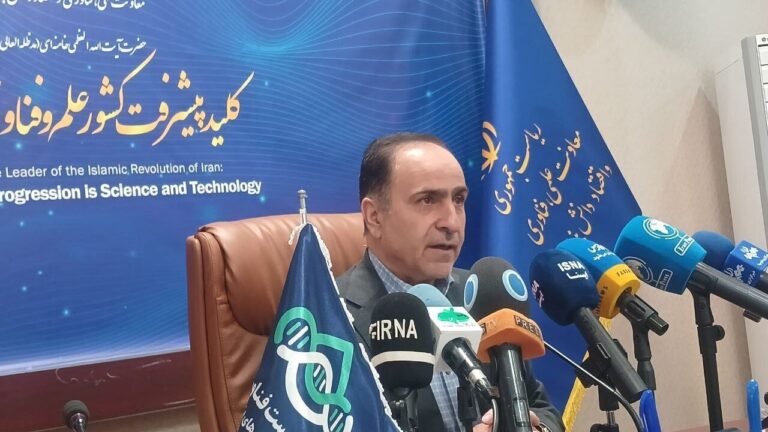
Revolutionary AI Technology Slash Treatment Costs by 40%, Says Official Report
The integration of artificial intelligence (AI) in healthcare is poised to transform the sector by reducing costs, particularly for chronic disease management, by up to 40%. Mostafa Qanei from the Vice Presidency for Science and Technology highlighted the urgent need to address high healthcare expenses through AI technologies. The first symposium on AI in health will occur in Tehran this summer, focusing on smart hospitals and fostering collaboration among experts. Topics include AI assistants, patient experiences, automation, and ethical issues. This event aims to enhance hospital efficiency and patient care, underscoring AI’s critical role in the future of healthcare.
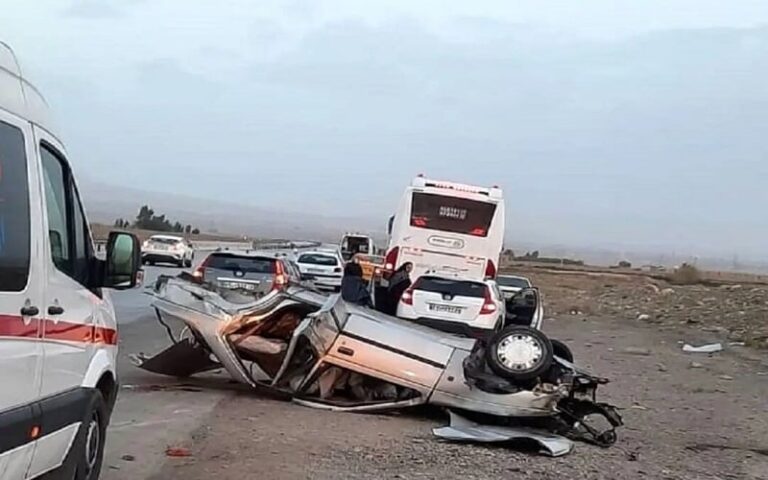
Iran’s Road Safety Crisis: Shocking Surge in Traffic Fatalities Raises Alarm
Iran is facing a severe road safety crisis, with over 20,000 fatalities and around 1 million injuries from traffic accidents reported last year. Minister of Health Mohammad Reza Zafarghandi noted that the death toll is the highest in 12 years, emphasizing the urgent need for improved road safety measures. Economic impacts are significant, costing about 7% of Iran’s gross national income. Most victims are under 50, highlighting the tragic loss of young lives. Concerns over the quality of domestically manufactured vehicles and inadequate infrastructure exacerbate the problem. Urgent action is needed to enhance vehicle safety and enforce stricter traffic regulations.